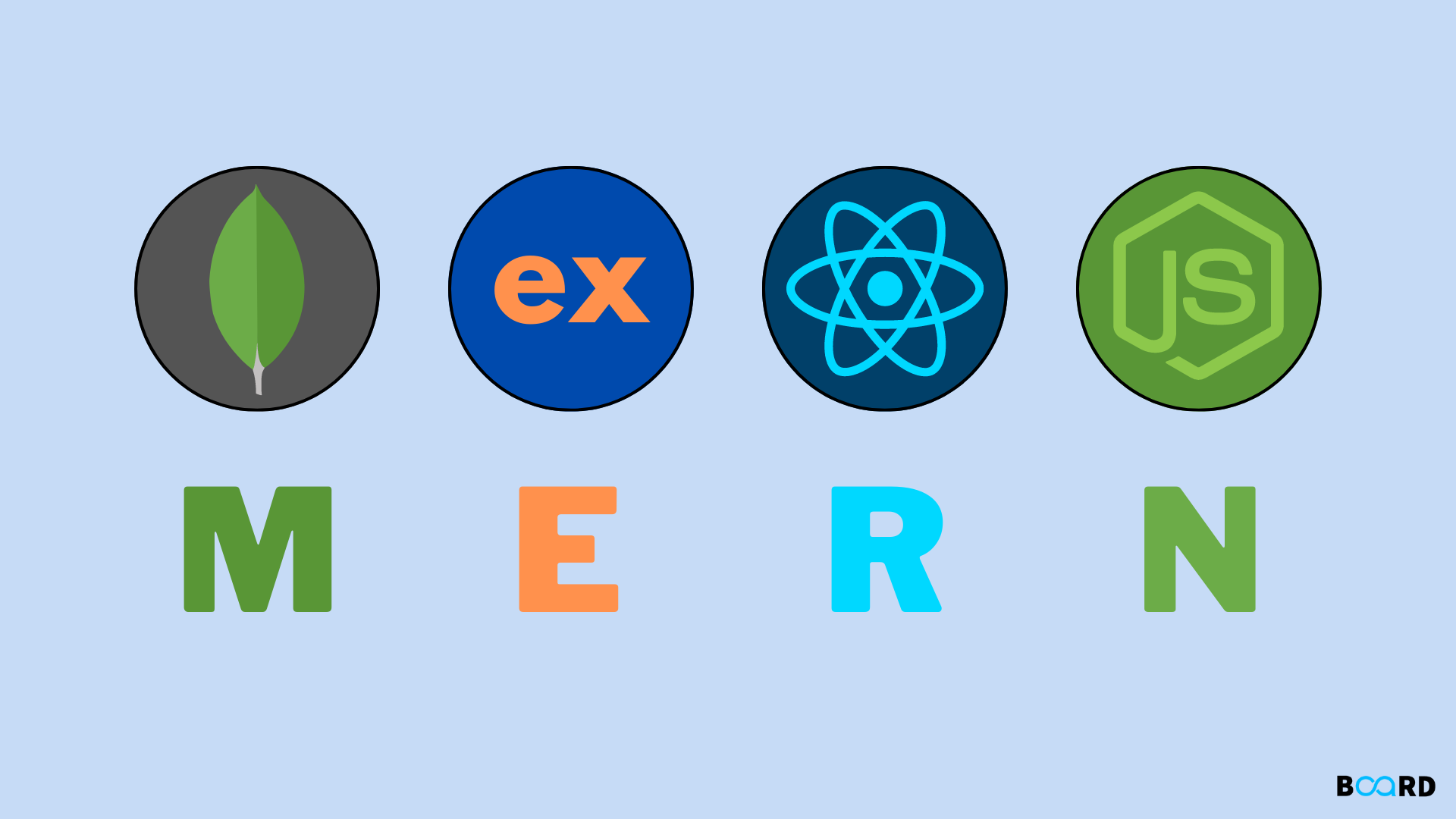Presenting the Power of MERN Stack Development and an In-Depth Course Overview
 Hazza institute Of technology
Hazza institute Of technology
In today's digital landscape, proficiency in full-stack development has evolved from an advantage to a necessity. Among the countless of stacks available, the MERN stack – comprising MongoDB, Express.js, React.js, and Node.js – stands out for its simplicity, scalability, and adaptability. This complete guide aims to explore MERN stack development courses, offering insights into the core concepts, advanced topics, and abundant resources available to propel you on your journey towards becoming a skilled MERN stack developer.
Setting Up Your Development Environment
Before diving into MERN stack development, it's crucial to set up your development environment. This includes installing Node.js, setting up MongoDB, configuring Express.js, and initializing a React.js application.
Building the Backend with Node.js and Express.js
Here, we'll explore how to create the backend of your MERN application using Node.js and Express.js. We'll cover routing, middleware, database connectivity with MongoDB, and RESTful API development.
Creating Dynamic User Interfaces with React.js
In this section, we'll delve into the frontend aspect of MERN stack development course using React.js. You'll learn about components, state management, JSX syntax, and how to build interactive user interfaces for your web application.
Data Management with MongoDB
MongoDB serves as the database component of the MERN stack. Here, we'll discuss schema design, CRUD operations, indexing, and data modeling techniques to effectively manage your application's data.
Securing Your MERN Application
Security is paramount in web development. This section covers best practices for securing your MERN application, including authentication, authorization, input validation, and protecting against common vulnerabilities.
Deployment and Scaling Strategies
Once your MERN application is ready, it's time to deploy it to a production environment. We'll explore deployment options, containerization with Docker, continuous integration and deployment (CI/CD) pipelines, and strategies for scaling your application as it grows.
Troubleshooting and Debugging
Even the most well-designed applications encounter bugs and errors. Here, we'll discuss strategies for troubleshooting and debugging your MERN application, including logging, error handling, and using developer tools for diagnosing issues.
Advanced Topics and Next Steps
To further expand your MERN stack skills, this section covers advanced topics such as server-side rendering with React.js, GraphQL integration, microservices architecture, and exploring additional libraries and frameworks to enhance your development workflow.
MERN Application
Testing is an essential part of the development process. Here, we'll cover unit testing, integration testing, and end-to-end testing for your MERN application. You'll learn about testing frameworks, writing test cases, and ensuring the reliability and stability of your codebase.
Optimizing Performance and Scalability
Performance optimization is key to delivering a fast and responsive user experience. In this section, we'll explore techniques for optimizing the performance of your MERN application, including code splitting, lazy loading, caching strategies, and optimizing database queries.
Implementing Real-Time Functionality with Websockets
Real-time functionality adds a new dimension to web applications. Here, we'll discuss how to implement real-time features in your MERN application using Websockets. You'll learn about socket.io, handling real-time events, and building features such as live chat, notifications, and collaborative editing.
Continuous Integration and Deployment (CI/CD)
Automating the deployment process can streamline your development workflow and ensure consistent releases. In this section, we'll delve into setting up a CI/CD pipeline for your MERN application using tools like Jenkins, Travis CI, or GitLab CI. You'll learn about automated testing, deployment strategies, and monitoring your application in production.
Exploring Advanced Topics in MERN Stack Development course
As proficiency grows, developers encounter advanced topics that push the boundaries of their knowledge. From improved performance and scalability to implementing real-time communication with WebSockets, learners explore cutting-edge techniques for building high-performance web applications. Additionally, participants delve into server-side rendering with Next.js, testing strategies, and deployment best practices for MERN applications.
Mastering the MERN Stack
Strategies and Resources Continuous learning and practice are pivotal in mastering the MERN stack. In this final module, participants gain valuable insights and resources to hone their skills and stay abreast of industry trends. From online courses and tutorials to books and community forums, developers have access to a plethora of resources to support their journey towards proficiency in MERN stack development.
Conclusion
MERN stack development offers a rewarding avenue for aspiring web developers seeking to build modern, scalable, and feature-rich applications. By enrolling in a comprehensive MERN stack development course, developers equip themselves with the knowledge, skills, and confidence needed to tackle real-world challenges. Take the first step towards mastering the MERN stack today and unlock a world of opportunities in web development.
Subscribe to my newsletter
Read articles from Hazza institute Of technology directly inside your inbox. Subscribe to the newsletter, and don't miss out.
Written by
